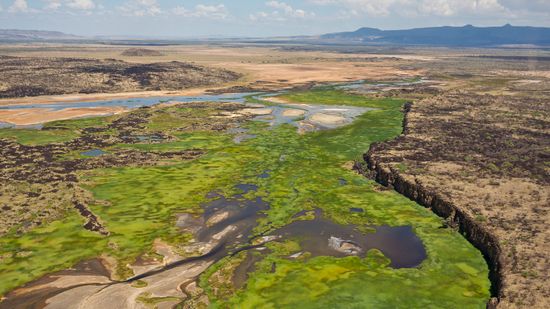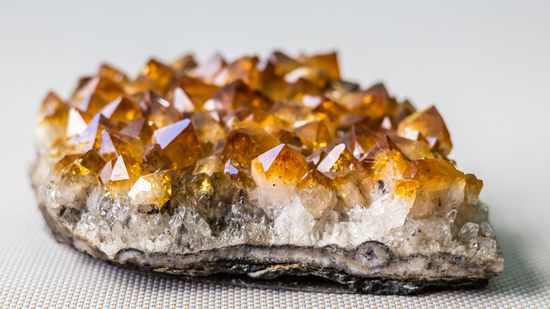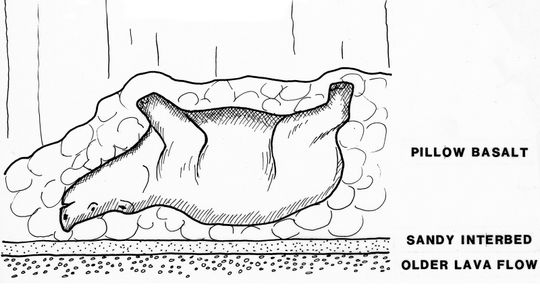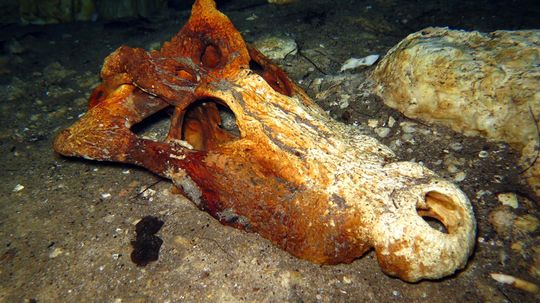Paleontology
Paleontology is a historical science focused on explaining life on earth. The study of fossils can help us answer the question of where we came from.

3 Types of Rocks Every Aspiring Geologist Should Know

What Are Geodes and Where Can You Find Them?

Is Africa Splitting in Two? Really? Here's the Scoop

15 Types of Gemstones to Add a Little Sparkle to Your Life

13 Brown Gemstones for Understated Elegance

10 Red Gemstones That Evoke Power and Bold Luxury
Learn More / Page 2
It's perhaps one of the strangest fossils ever discovered. We'll explain how it came to be 15 million years ago, and how hikers found it in the '30s.
By Mark Mancini
Not all fossils are found on dry land. In fact some of the most fascinating fossil finds in history have been submerged for centuries.
By Mark Mancini

